The pursuit of longevity has always fascinated humanity, and ancient wellness practices have often been at the heart of this quest. Across different cultures, practices that promote vitality and longevity have been passed down through generations, many of which are now making a comeback in the modern wellness movement. These ancient techniques not only focus on maintaining physical health but also emphasize mental clarity and spiritual balance. In this article, we explore 15 ancient wellness practices that are leading the longevity movement today.
1. Forest Bathing (Shinrin-Yoku)
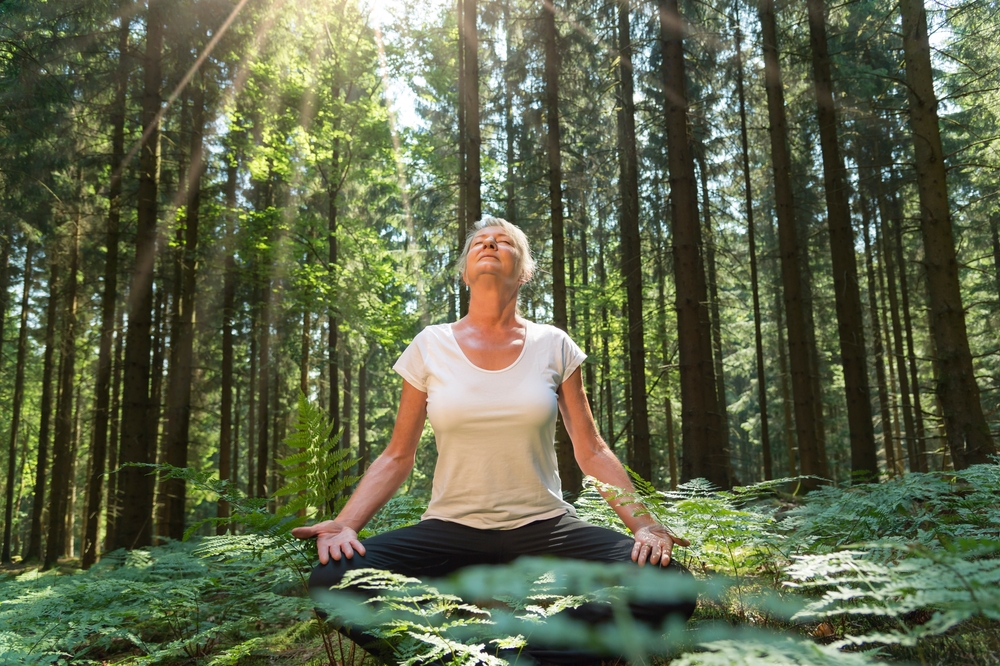
Shinrin-yoku, also known as forest bathing, is a Japanese practice that involves immersing oneself in nature to promote relaxation and improve overall health. Spending time in forests has been shown to lower cortisol levels, reduce stress, and enhance mood. According to the Centre of Excellence, the practice also boosts immune function by increasing natural killer cell activity and anti-cancer proteins. Additionally, forest bathing can lower blood pressure and alleviate symptoms of depression and anxiety.
The therapeutic effects of Shinrin-yoku stem from engaging all five senses in a natural environment—listening to forest sounds, touching trees, smelling essential oils released by plants, observing the scenery, and breathing fresh air. Research highlights its ability to improve cardiovascular health, strengthen the immune system, and enhance mental clarity. As urbanization grows, more people are turning to this practice as a way to reconnect with nature and improve physical and psychological well-being.
2. Traditional Chinese Medicine (TCM)
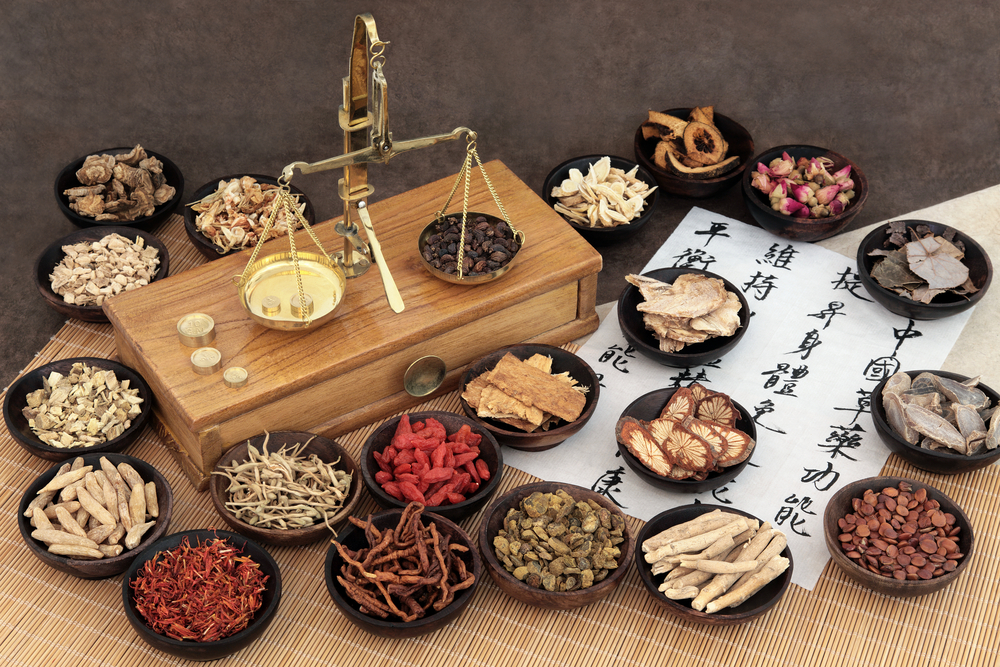
Traditional Chinese Medicine (TCM) is one of the oldest systems of medicine in the world, with practices that date back over 2,000 years. TCM is based on the concept of balancing the body’s vital energy, known as “Qi,” and harmonizing the interaction of the body’s yin and yang. Acupuncture, herbal remedies, and Tai Chi are just some of the components that are used to promote health and longevity. These practices help to maintain energy flow and improve overall well-being by addressing the root causes of illness rather than just the symptoms.
What makes TCM unique is its holistic approach to health. Rather than focusing solely on physical health, TCM also takes into account the emotional and spiritual aspects of a person. According to Herbal Reality, TCM emphasizes preventive care, natural healing, and restoring balance within the body. Its growing popularity reflects an increasing desire to approach health in a more integrated and natural way.
3. Ayurveda
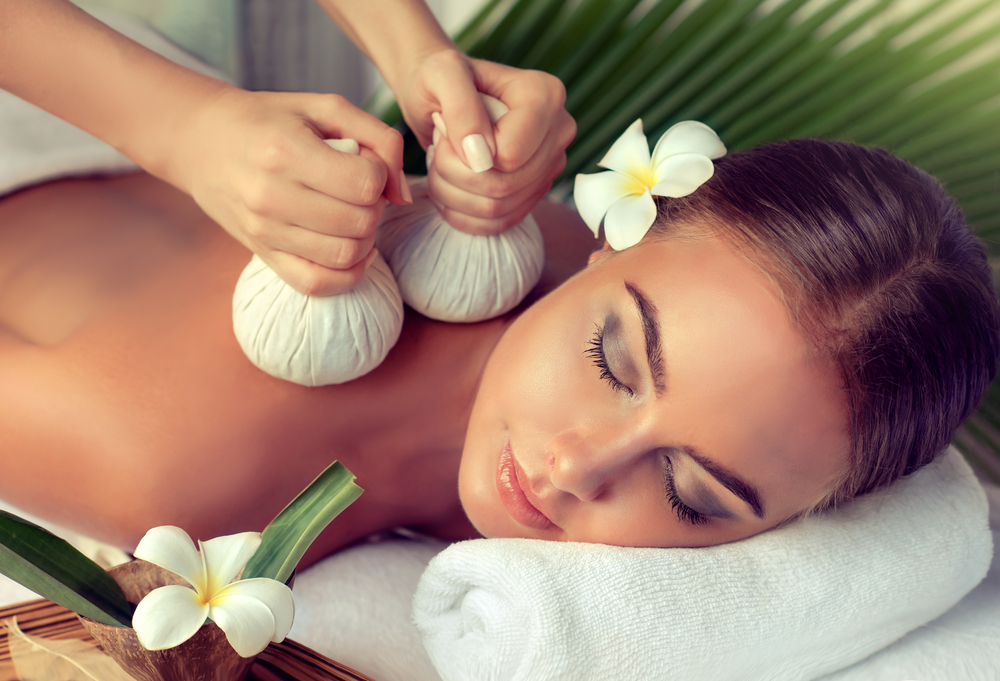
Originating in India over 5,000 years ago, Ayurveda is one of the oldest and most comprehensive systems of medicine in the world. It focuses on balancing the three doshas—Vata, Pitta, and Kapha—through diet, lifestyle changes, meditation, and herbal remedies. Ayurveda emphasizes the importance of individualized care, as each person’s constitution (Prakriti) is unique. The practice also incorporates methods like Panchakarma (a detoxification process) to eliminate toxins from the body and rejuvenate the mind and spirit.
Ayurveda’s holistic approach to health and its focus on prevention rather than treatment align closely with today’s wellness movement. According to India Today, Ayurveda emphasizes balancing the kapha dosha to support respiratory function and overall well-being, especially in environments with poor air quality.
4. Yoga
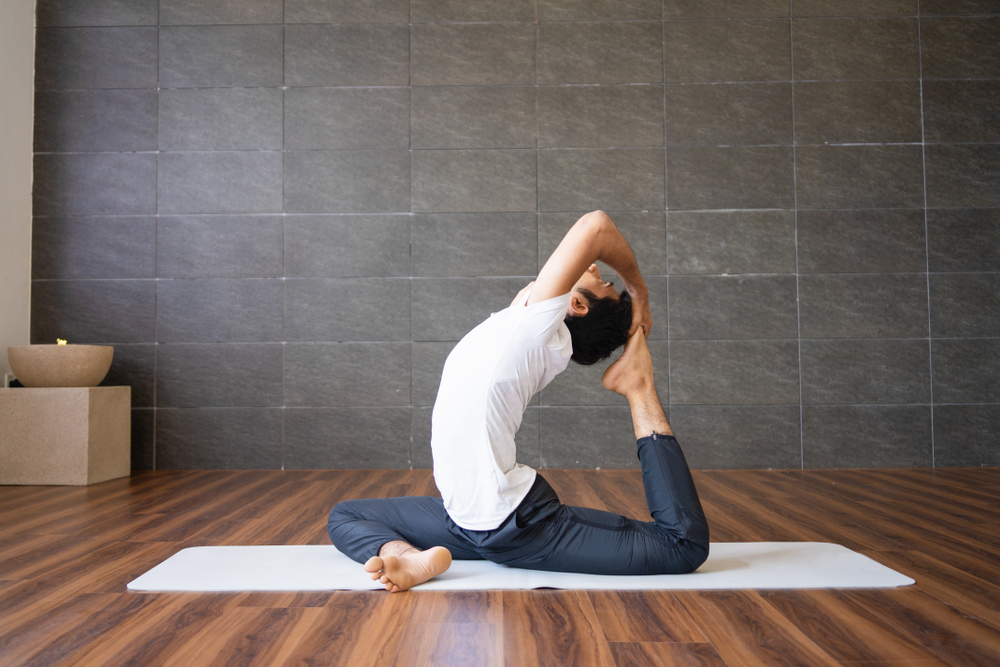
Yoga is an ancient practice that has been used for thousands of years to promote physical and mental well-being. It is centered around postures (asanas), breathing techniques (pranayama), and meditation to foster flexibility, strength, and relaxation. Yoga not only helps improve physical health by reducing stress, improving circulation, and boosting immunity, but also promotes mental clarity and emotional stability. Studies have shown that regular yoga practice can lower blood pressure, reduce anxiety, and enhance overall quality of life.
The longevity benefits of yoga come from its ability to keep the body and mind in a state of balance. According to Houston Methodist, yoga combines physical movement with mindfulness techniques to improve flexibility, heart health, brain function, and emotional resilience. Incorporating yoga into daily routines enhances overall wellness and supports a longer, healthier life.
5. Tai Chi
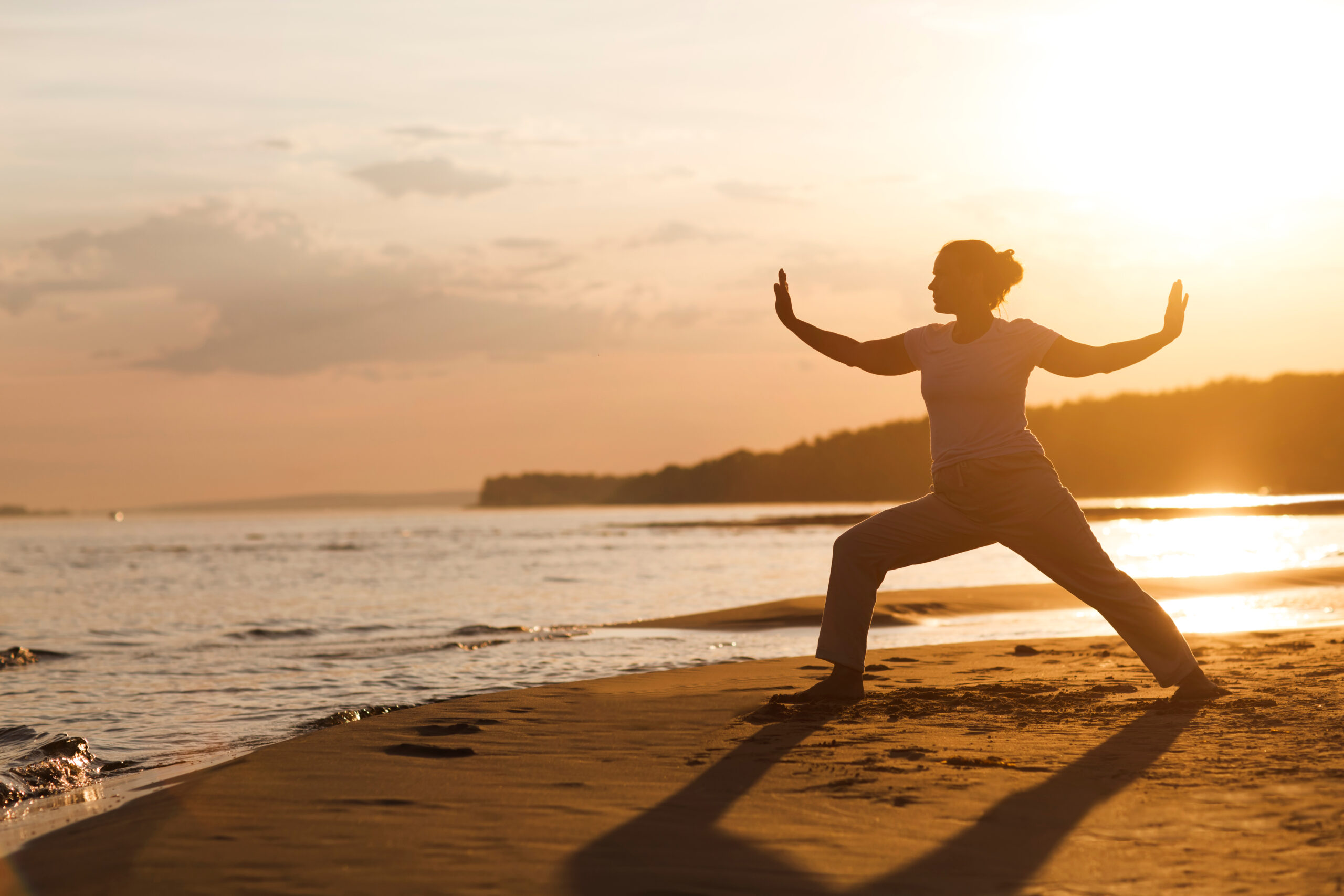
Originating in China, Tai Chi is an ancient martial art known for its slow, deliberate movements and focus on breathing and balance. Tai Chi is often referred to as “meditation in motion” because of its calming and centering effects on the mind. This practice is especially beneficial for older adults as it helps improve balance, flexibility, and cardiovascular health. It also reduces stress and anxiety, which are common factors that contribute to aging and chronic diseases.
The benefits of Tai Chi go beyond just physical health; it enhances mental clarity and cultivates inner peace. According to Healthline, practicing Tai Chi regularly lowers fall risks, improves joint mobility, builds stronger muscles, and promotes longevity while fostering a sense of well-being.
6. Meditation
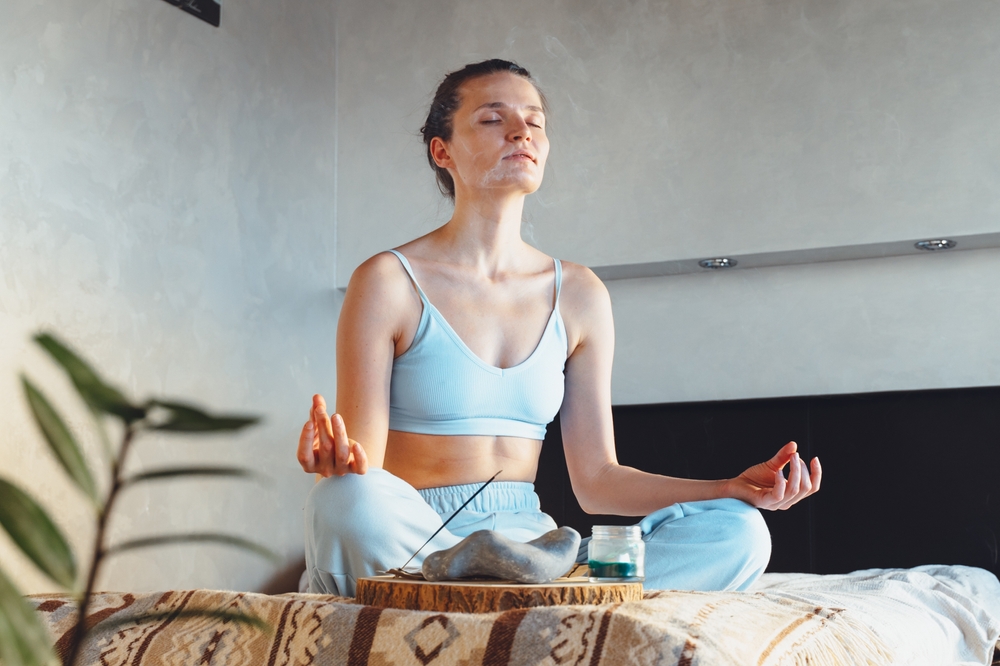
Meditation is a practice that has been used for thousands of years to promote mental clarity, reduce stress, and improve overall well-being. From Buddhist monks to modern wellness enthusiasts, people around the world have embraced meditation as a tool for longevity. Meditation helps to calm the mind, lower blood pressure, and reduce stress, which are all factors that can contribute to premature aging. Additionally, it enhances emotional stability and promotes a sense of inner peace.
Numerous studies have shown that meditation has positive effects on both physical and mental health. It boosts the immune system, improves brain function, and helps manage chronic pain. By incorporating meditation into daily life, individuals can lower the effects of stress and create a healthier, more balanced lifestyle—key ingredients for a long, fulfilling life.
7. Intermittent Fasting

Intermittent fasting, although a relatively recent trend in the wellness community, has roots in ancient practices of fasting for spiritual and health reasons. This method of eating involves alternating periods of eating and fasting, with proponents claiming it helps with weight management, improved brain function, and enhanced longevity. In ancient cultures, fasting was often used to purify the body, detoxify, and promote spiritual clarity. Modern science has now found that intermittent fasting can stimulate cellular repair, improve insulin sensitivity, and extend lifespan.
What makes intermittent fasting appealing to modern longevity seekers is its simplicity and effectiveness. Rather than focusing on what foods to eat, intermittent fasting centers around when to eat, allowing the body time to repair and regenerate. This practice aligns with ancient wellness philosophies that promote self-discipline and moderation, making it a powerful tool in the quest for longevity.
8. Herbal Remedies
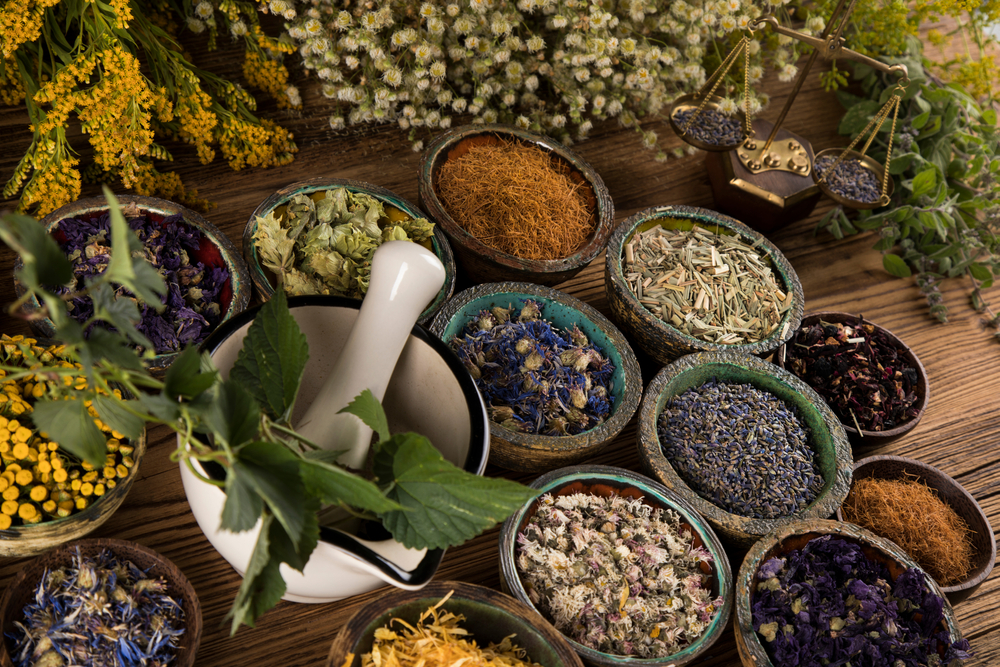
Herbal remedies have been used for centuries in cultures around the world to promote health and longevity. Plants such as ginseng, turmeric, ginger, and holy basil have been revered for their medicinal properties, which include boosting immunity, reducing inflammation, and improving energy levels. These herbs have been used to treat a wide range of ailments, from digestive issues to chronic diseases, and are integral components of both Ayurveda and Traditional Chinese Medicine.
The resurgence of herbal remedies in the modern wellness movement can be attributed to their natural and holistic approach to health. With an increasing desire to move away from synthetic pharmaceuticals, people are turning to nature for solutions. Research continues to support the longevity-promoting benefits of various herbs, making them valuable allies in maintaining health and extending life.
9. Breathwork

Breathwork is an ancient practice that focuses on controlling and deepening the breath to achieve physical and mental benefits. From pranayama in yoga to the Holotropic Breathwork practiced by shamans, this practice has been used across cultures for centuries to promote relaxation, clear the mind, and detoxify the body. Deep breathing has been shown to reduce stress, lower blood pressure, and improve lung capacity, all of which are essential for longevity.
By engaging in regular breathwork exercises, individuals can activate the parasympathetic nervous system, which helps the body relax and recover from stress. Breathwork also improves oxygenation of the blood, which can boost energy and enhance overall vitality. As more people seek ways to manage stress and enhance well-being, breathwork is emerging as a powerful tool in the longevity movement.
10. Herbal Teas
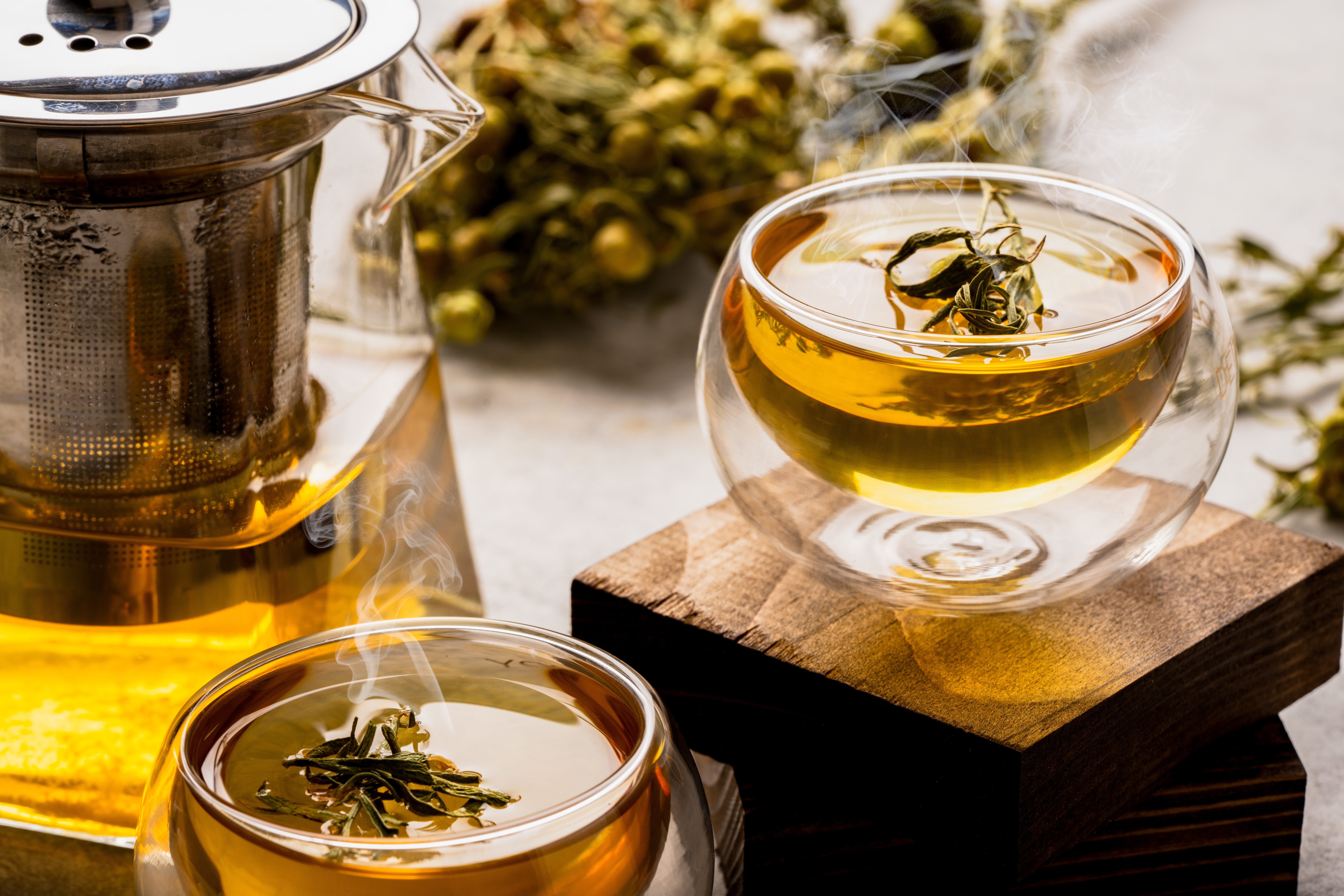
Herbal teas have been consumed for centuries for their medicinal and healing properties. Ancient cultures have long used teas made from herbs such as chamomile, peppermint, ginger, and hibiscus to promote digestion, reduce stress, and improve immunity. These teas contain antioxidants, anti-inflammatory compounds, and other beneficial properties that support overall health and longevity.
The ritual of drinking herbal tea also promotes relaxation and mindfulness, which are important for reducing stress and maintaining a calm, focused mind. As the wellness movement shifts toward natural and holistic remedies, herbal teas are becoming a go-to choice for those looking to improve their health and extend their life expectancy. Their simplicity and effectiveness make them a perfect fit for modern longevity practices.
11. Cold Exposure

Cold exposure is an ancient practice that has been used in cultures worldwide to boost health, enhance circulation, and promote longevity. In ancient times, cold baths, ice baths, and cold showers were commonly used to stimulate the body’s immune system and invigorate the senses. Today, practices such as the Wim Hof Method have made cold exposure more accessible, promoting its benefits for stress relief, energy boost, and improved circulation.
Cold exposure has been shown to increase brown fat, which is beneficial for burning calories and maintaining a healthy weight. It also triggers the production of endorphins, which can improve mood and reduce pain. As the practice of cold exposure gains popularity, its potential to increase vitality and longevity is becoming increasingly recognized in modern wellness circles.
12. The Mediterranean Diet

The Mediterranean diet is inspired by the traditional eating habits of people in countries bordering the Mediterranean Sea. It emphasizes whole grains, fruits, vegetables, legumes, olive oil, and moderate amounts of fish and wine. This diet is rich in antioxidants, healthy fats, and anti-inflammatory compounds, which have been shown to reduce the risk of chronic diseases like heart disease, diabetes, and cancer.
The longevity benefits of the Mediterranean diet are well-documented, with studies showing that people who follow this eating pattern tend to live longer, healthier lives. The diet’s emphasis on plant-based foods and healthy fats helps to maintain a healthy weight, lower cholesterol, and improve heart health. As modern society turns toward healthier eating habits, the Mediterranean diet stands out as a sustainable model for long-term health and longevity.
13. Fasting For Spiritual And Physical Health

Fasting has been practiced for spiritual, mental, and physical health for thousands of years across many cultures. In ancient times, fasting was often used as a means of purification, detoxification, and spiritual enlightenment. Today, fasting is making a resurgence as a tool for improving metabolic health, weight management, and even longevity. Intermittent fasting, for example, has been shown to trigger autophagy, a process in which the body cleans out damaged cells and regenerates healthy ones.
The benefits of fasting go beyond just weight loss; it has been linked to improved insulin sensitivity, reduced inflammation, and enhanced brain function. As research continues to explore the benefits of fasting for longevity, many people are incorporating it into their wellness routines. Its ancient roots and proven health benefits make fasting a powerful practice for anyone looking to increase their life span and improve overall well-being.
14. Qi Gong
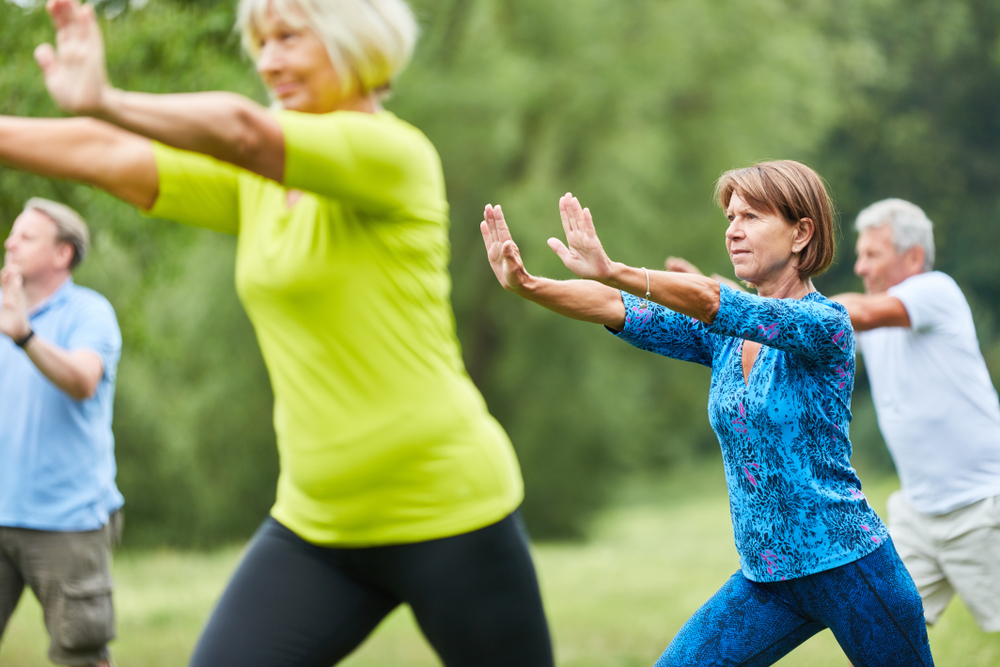
Qi Gong is an ancient Chinese practice that combines slow, deliberate movements, breath control, and meditation to promote health, vitality, and longevity. Like Tai Chi, Qi Gong focuses on cultivating and balancing the body’s vital energy, or “Qi.” This practice enhances physical flexibility, reduces stress, and strengthens the immune system, contributing to longer, healthier lives.
Qi Gong has been shown to improve circulation, boost energy levels, and promote relaxation, making it an ideal practice for those seeking to enhance their overall health and longevity. The gentle nature of Qi Gong makes it accessible to people of all ages and fitness levels. As more people seek ways to reduce stress and maintain vitality, Qi Gong is gaining recognition for its health benefits and its ability to promote longevity.
15. The Okinawan Way Of Life
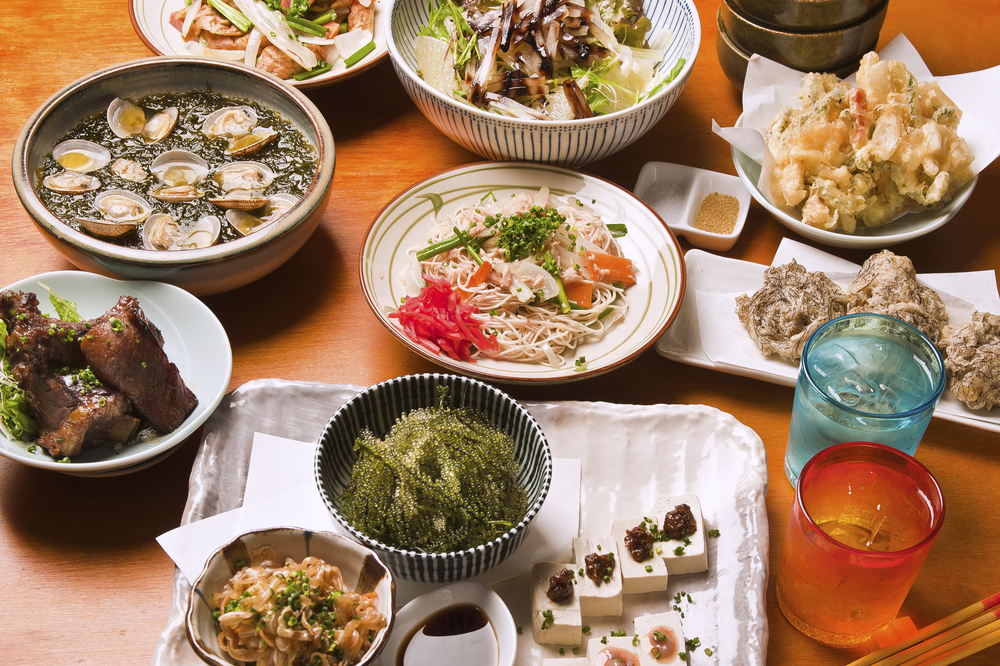
The people of Okinawa, Japan, are known for their exceptional longevity, with many living to over 100 years old. Their lifestyle includes a plant-based diet, regular physical activity, strong social connections, and a positive outlook on life. Okinawans follow the principle of “Ikigai,” which means having a reason for living, and they maintain a sense of purpose well into old age.
The Okinawan way of life emphasizes moderation, community, and mindfulness, all of which contribute to longer, healthier lives. Studies on the Okinawan population have shown that their lifestyle factors, including diet and mental attitude, play a significant role in their longevity. As the world continues to look for ways to promote healthy aging, Okinawa’s practices remain a powerful example of how lifestyle choices impact lifespan.
Natasha is a seasoned lifestyle journalist and editor based in New York City. Originally from Sydney, during a stellar two-decade career, she has reported on the latest lifestyle news and trends for major media brands including Elle and Grazia.


